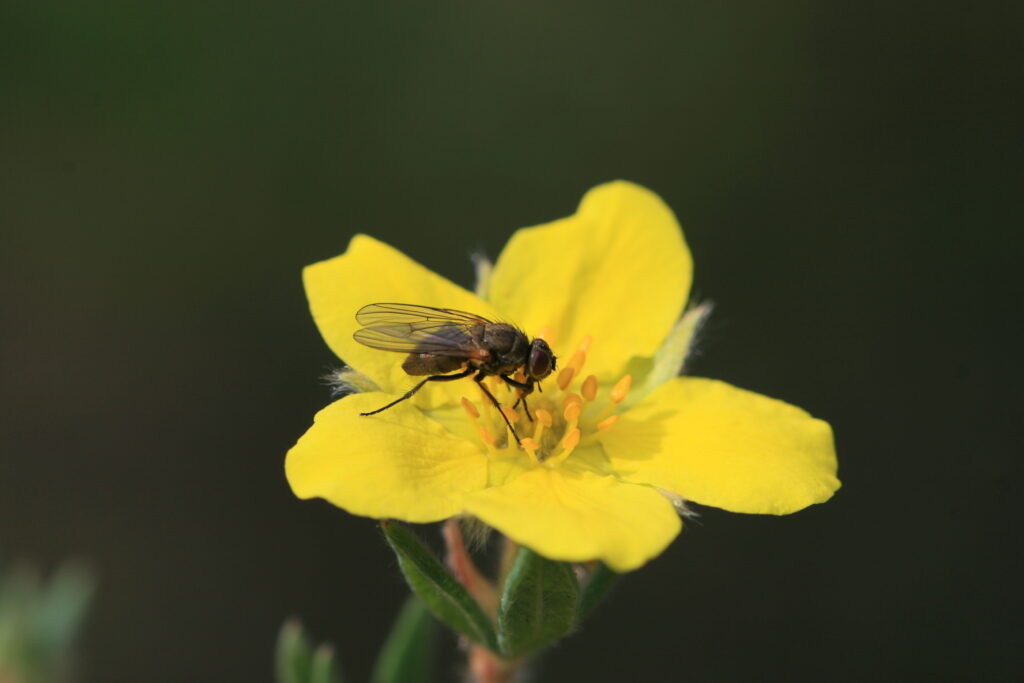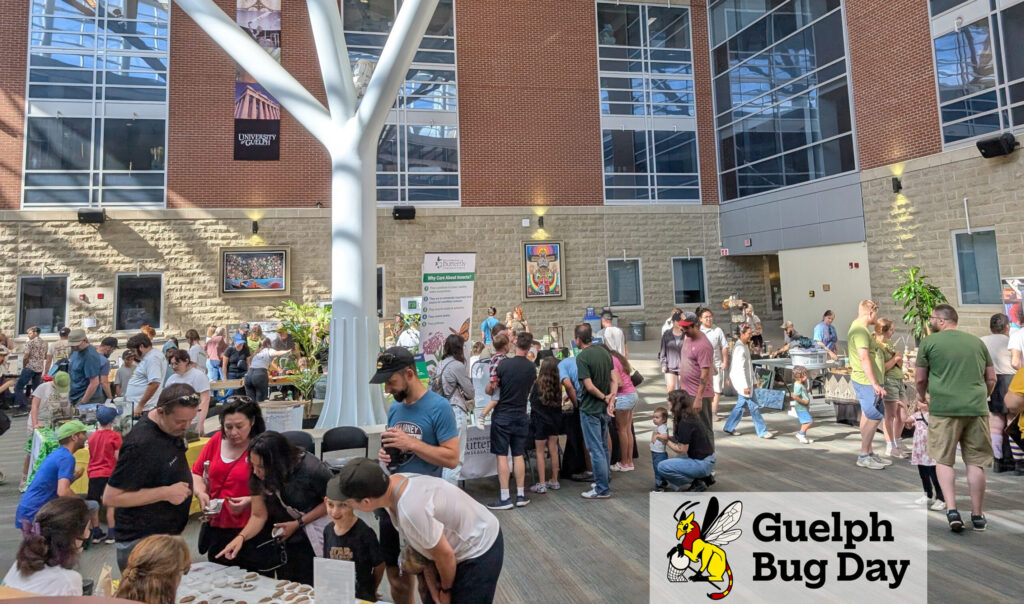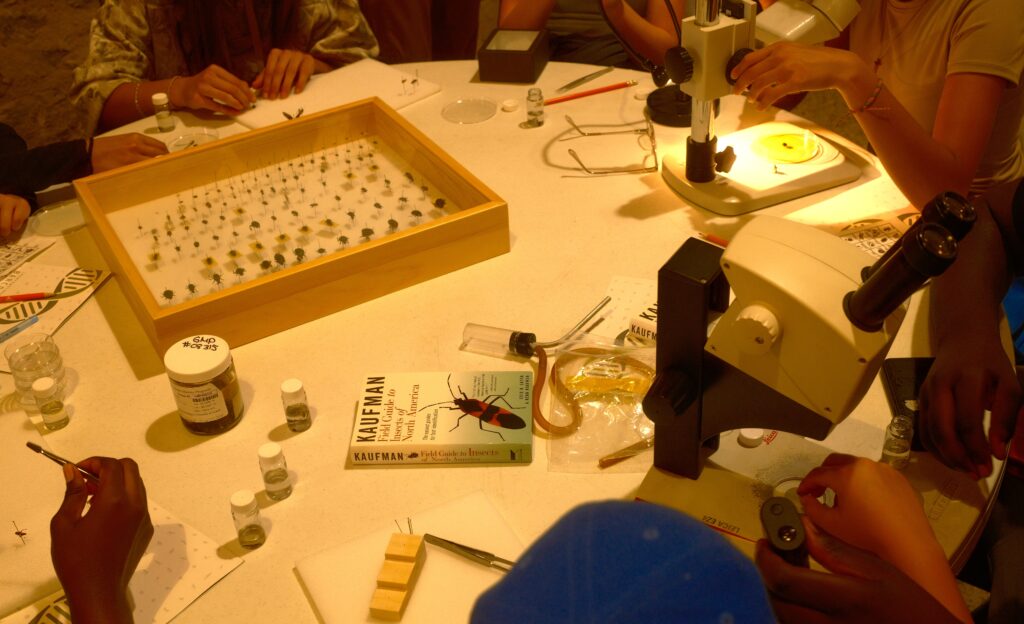New campus expands biodiversity research in India
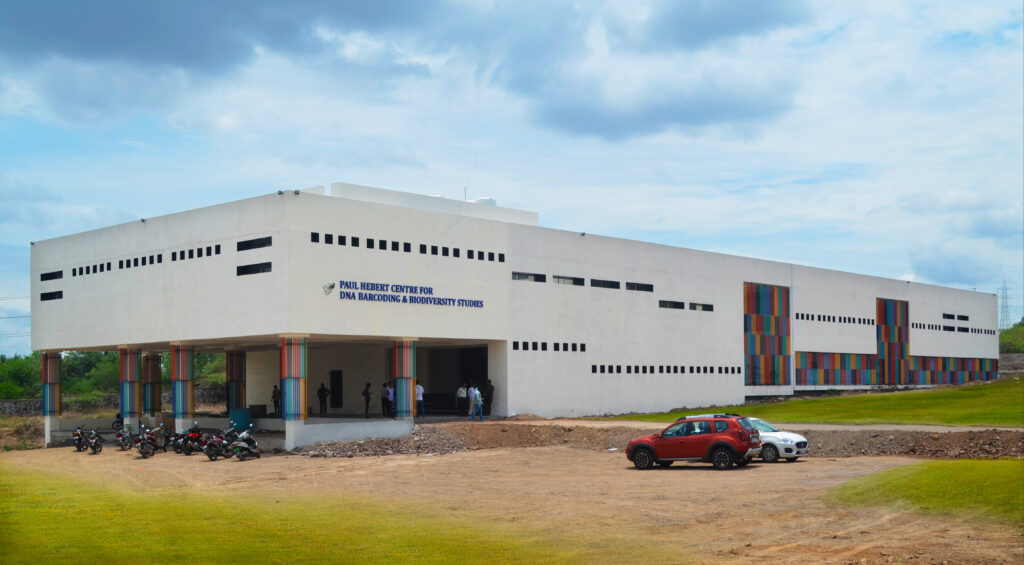
The Paul Hebert Centre for DNA Barcoding and Biodiversity Studies (PHCDBS) is set to become India’s central hub for DNA barcoding.
- iBOL Media + Communications
- September 13, 2023
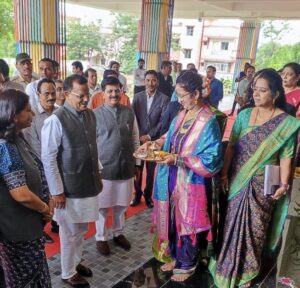
The Paul Hebert Centre for DNA Barcoding and Biodiversity Studies, established in 2009 in Aurangabad, India, has opened a new campus to expand its role as the nation’s central hub for DNA barcoding.
The campus building – decorated with colourful DNA barcode motifs – is situated at Dr. Babasaheb Ambedkar Marathwada University (BAMU), 340 km northeast of Mumbai. The news has been making headlines.
“Our mission is to enrich the narrative of biodiversity through DNA barcoding, serving as a vibrant testament to the wonders of life on our planet,” says Dr. Gulab Khedkar, director of Paul Hebert Centre for DNA Barcoding and Biodiversity Studies (PHCDBS). Named after Canadian evolutionary biologist and ‘father’ of DNA barcoding, the centre aims to build biodiversity knowledge and develop applications to sustain the natural systems on which all life depends, says Khedkar.
A professor of molecular biology in BAMU’s Department of Zoology, Khedkar has devoted the past 15 years to establishing the PHCDBS as the central hub for India’s involvement in DNA barcoding technologies. He says Paul Hebert, founder of U of G’s Centre for Biodiversity Genomics (CBG) at the University of Guelph (U of G), is an inspiration and mentor for him and his colleagues.
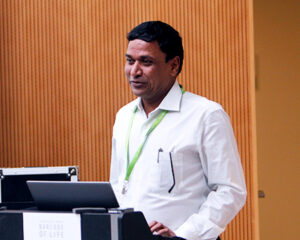
The 52,000-square-foot facility includes DNA sequencing laboratories, specimen repositories, a high-performance computing centre, and spacious laboratories modelled after Guelph’s CBG. Khedkar’s team will process and analyze biological samples, provide professional training, and foster collaborations across biodiversity-related disciplines. They will also explore emerging social and ethical issues in biodiversity research and investigate applications for industry and society across human health, agriculture, and nature conservation.
Prof. Paul Hebert, professor of Integrative Biology at U of G and CEO of the International Barcode of Life (iBOL) consortium, says he’s thrilled about India’s impressive new core facility for DNA barcoding. “I congratulate Dr. Khedkar for leading the expansion of this centre and thank the funding organizations that made this possible.”
“As the world’s most populous nation, India provides a tremendous opportunity to lead the adjustments required for humanity to live in harmony with nature by 2050, the greatest challenge of our times.”

